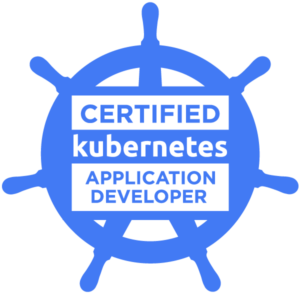
Open Policy Agent (OPA), is an open source, general purpose policy engine. OPA decouples policy decisions from other responsibilities of an app, like those commonly referred to as business logic.
#Kubernetes #DevOps #CloudNative #CloudNative
#Kubernetes #DevOps #CloudNative #CloudNative
https://twitter.com/NaveenS16/status/1640233911711334400
OPA works equally well making decisions for Kubernetes, Microservices, functional app authorization and more, thanks to its single unified policy language.
In a a nutshell, the OPA policy engine evaluates requests to determine whether they conform to configured policies.
OPA can integrate with Kubernetes easily: it expects a JSON input, is easy to containerize & supports dynamic configuration,
OPA can integrate with Kubernetes easily: it expects a JSON input, is easy to containerize & supports dynamic configuration,
which makes it well-suited to provide policy evaluation for the Kubernetes API service.
• • •
Missing some Tweet in this thread? You can try to
force a refresh
 Read on Twitter
Read on Twitter







